Why Do I Proscrastinate?
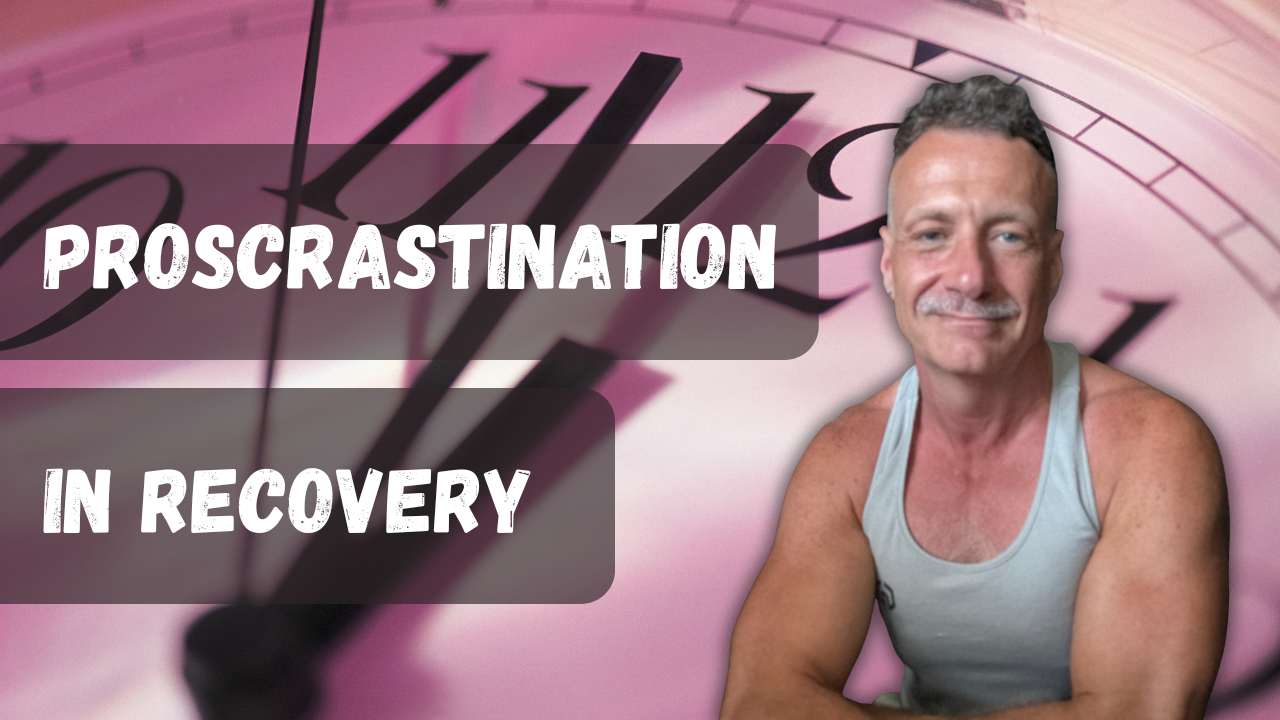
I focus most of my time helping men in early recovery who are trying to stop engaging in chemsex.
But, the longer I am in this industry, the more I recognize the need to also help those who have been living meth-free for a considerable amount of time, who are asking, "What now?".
Life after meth, if not thoroughly examined and visualized, can become stale and plateaued.
This is when we are faced with challenges that we present pre-meth. Today, we talk about one of those: Procrastination.
This issue began coming up in several conversations I was having with clients, most of which were in the last stages of the Recovery Alchemy program.
That's when I realized that I, too, had been procrastinating.
In fact, I've been procrastinating on writing this very newsletter—a newsletter about procrastination.
The irony was not lost on me as I sat in my office, staring at my laptop, finding every excuse under the sun to avoid putting words on the page.
And I'm supposed to be teaching people about transformation and recovery.
Here's what I realized in that moment of honesty: I wasn't procrastinating on writing about procrastination.
I was procrastinating on being vulnerable about my own patterns, on facing the parts of my process that still feel messy, on sitting with the discomfort of admitting that even recovery coaches get stuck sometimes.
Sound familiar?
The Recovery Connection You Didn't See Coming
When we're rebuilding our lives after crystal meth or chemsex, we often focus on the big stuff—staying meth-free, rebuilding relationships, finding purpose.
I help gay men break free from the addictive patterns of chemsex (Tina) and become their best and highest selves. My 1:1 coaching, Recovery Alchemy, is a six-month, intense program that can literally change your life. I accept 2 new clients per month. Apply Here.
But there's this sneaky little saboteur that creeps in through the back door: procrastination.
And here's the plot twist that changed everything for me: Procrastination isn't about the task. It's about stress.
Your brain isn't avoiding the job application, the difficult conversation, or the creative project you've been putting off.
Your brain is protecting you from stress by hitting the freeze button—the same way it used to reach for substances when life felt overwhelming.
Just because you aren't using meth anymore does not mean you aren't living with the remnants of past neural pathways-- they existed pre-meth.
The Stress Backpack We All Carry
Picture this: You're walking through your day carrying an invisible backpack filled with stress.
Maybe it's financial pressure, maybe it's shame about your past, maybe it's the overwhelming nature of rebuilding your entire existence.
Your brain is already working overtime just carrying that load.
Then you sit down to do something that requires focus—writing, making phone calls, tackling that project that matters to you—and your brain goes:
"Excuse me, have you not noticed I'm already maxed out here? Can we just watch some TikTok videos instead?"
This isn't weakness.
This isn't a lack of willpower.
This is your nervous system saying, "I need a break from feeling overwhelmed."
The Three-Step Revolution
After diving deep into the research, I've found a technique that is easy to remember and implement.
When you catch yourself procrastinating, try this:
Step 1: Become the Compassionate Observer - Forgive Yourself
The moment you catch yourself procrastinating, your first instinct is probably to launch into self-criticism. "There I go again, I'm so lazy, I have no discipline..." Stop. Full stop.
You are not the voice criticizing you—you're the one watching it happen. This puts you in the power seat.
Instead, speak to yourself like you would speak to your best friend who's struggling: "I notice I'm avoiding this. I must be feeling stressed. I forgive myself for needing to feel better right now."
Here's what the research reveals: People who practice self-forgiveness are significantly less likely to procrastinate again.
Why?
Because shame is actually fuel for the procrastination cycle.
When you beat yourself up, you create more stress, which triggers more avoidance.
Self-forgiveness breaks the cycle at its root.
Step 2: Excavate the Truth - Name the Real Stress
Now comes the detective work.
Your procrastination is never really about the task itself—it's about what the task represents or what you're carrying in your emotional backpack.
Ask yourself with genuine curiosity: "What am I actually stressed about right now?"
Maybe you're avoiding making that phone call, not because phone calls are hard, but because you're terrified of rejection.
Maybe you're putting off working on your creative project, not because you lack time, but because success feels unsafe, like it might be taken away.
In recovery, this layer often reveals deeper truths: fear of being seen, imposter syndrome about deserving good things, or the overwhelming nature of rebuilding an entire life while staying meth-free.
When you name the real stress, something magical happens—it loses its grip on you. What was hidden in the shadows suddenly becomes workable information.
Step 3: Channel Your Future Self - Take Aligned Action
This is where transformation happens.
Ask yourself: "What would the version of me who's living their best and highest life want me to do right now?"
This isn't about perfection—it's about alignment.
Your future self isn't some impossible standard; they're you with more experience, more self-trust, more embodied wisdom.
Maybe they'd want you to make that one phone call. Maybe they'd want you to write one paragraph.
Maybe they'd want you to practice saying no with kindness instead of avoiding the conversation altogether.
Then—and this is crucial—take just one minute of action. Set a timer. Just one minute.
Why does this work?
Because starting is the hardest part.
Once you begin, momentum carries you forward.
But more importantly, every time you take action despite not feeling ready, you're literally building evidence that you're the kind of person who shows up for themselves.
The Deeper Magic: Rewiring Your Identity
Here's what nobody tells you about this process: You're not just changing behavior—you're changing who you believe yourself to be.
Each time you catch yourself with compassion instead of criticism, you're becoming someone who treats themselves with kindness.
Each time you name your stress instead of numbing it, you're becoming someone who faces truth with courage.
Each time you take aligned action despite fear, you're becoming someone who trusts their own capacity for growth.
This is how real transformation happens—not through willpower or forcing yourself to be different, but through small, consistent acts of self-love that accumulate into a completely new way of being in the world.
The Uncomfortable Truth About Belief
Here's what nobody tells you about transformation:
You have to act like you believe in yourself before you actually do.
I know, I know. It sounds backwards.
But every time you catch yourself procrastinating and choose to use these three steps instead, every time you take that one-minute action, even when you don't feel ready, you're not just getting things done.
You're literally rewiring your brain to trust yourself again.
You're building evidence that you're the kind of person who shows up for themselves, even when it's hard.
This isn't about whether or not you fold the laundry; it is about the energetic component behind following through for yourself.
Your Invitation to Freedom
This week, I want you to become a compassionate observer of your own procrastination patterns.
Not to judge them, but to get curious about them.
What is your beautiful, protective brain trying to tell you?
When you catch yourself scrolling instead of creating, avoiding instead of engaging, remember this:
You're not broken.
You're not behind.
You're learning new ways to navigate stress without old coping mechanisms, and that takes tremendous courage.
The person you're becoming—the one living their best and highest life—they're cheering you on.
They know that every small action you take today is building the foundation for the life they're living.
A Personal Challenge
I'm going to finish writing my next newsletter on time (without procrastinating for a week again).
Not because I have to, but because the version of me who shows up consistently for this community would want me to honor our connection.
What's one thing you've been putting off that your future self would thank you for tackling?
Remember: You don't have to feel ready. You don't have to feel motivated. You just have to take one loving step forward.
Everything is happening for you, not to you.
Even the procrastination.
Even the stress.
It's all information, all invitation to grow into who you're becoming.
Love you all! Dallas
Journal Prompts for Deeper Exploration 📝
- What is my stress backpack carrying right now? Write down everything that's been weighing on your mind lately—big and small. Notice patterns without judgment, just curious observation.
- When I procrastinate, what am I really trying to avoid feeling? Dig beneath the surface task to the emotional experience. What feelings or truths is your beautiful brain protecting you from?
- What would my best and highest self want me to know about my current struggles with getting things done? Channel that wise, compassionate version of yourself and let them speak to your current experience.
- How has procrastination served me in my life? This isn't about shame—it's about understanding. What positive intention has this pattern been trying to fulfill? Protection? Rest? Control?
- If I could forgive myself for one thing related to productivity or progress, what would it be? Write that forgiveness letter to yourself. Be specific and generous with compassion.
Reflective Questions for Community Connection 🤝
- What's one small action you could take today that would make your future self smile? (Share your answer if you feel called to—let's inspire each other!)
- How do you currently talk to yourself when you notice procrastination patterns? Is that voice a friend or a critic?
- What would change in your life if you approached your "stuck" moments with curiosity instead of judgment?
- When was the last time you celebrated taking action despite not feeling ready? Your courage deserves recognition.
- What support do you need to break cycles that no longer serve your highest good? Sometimes naming what we need is the first step toward receiving it.
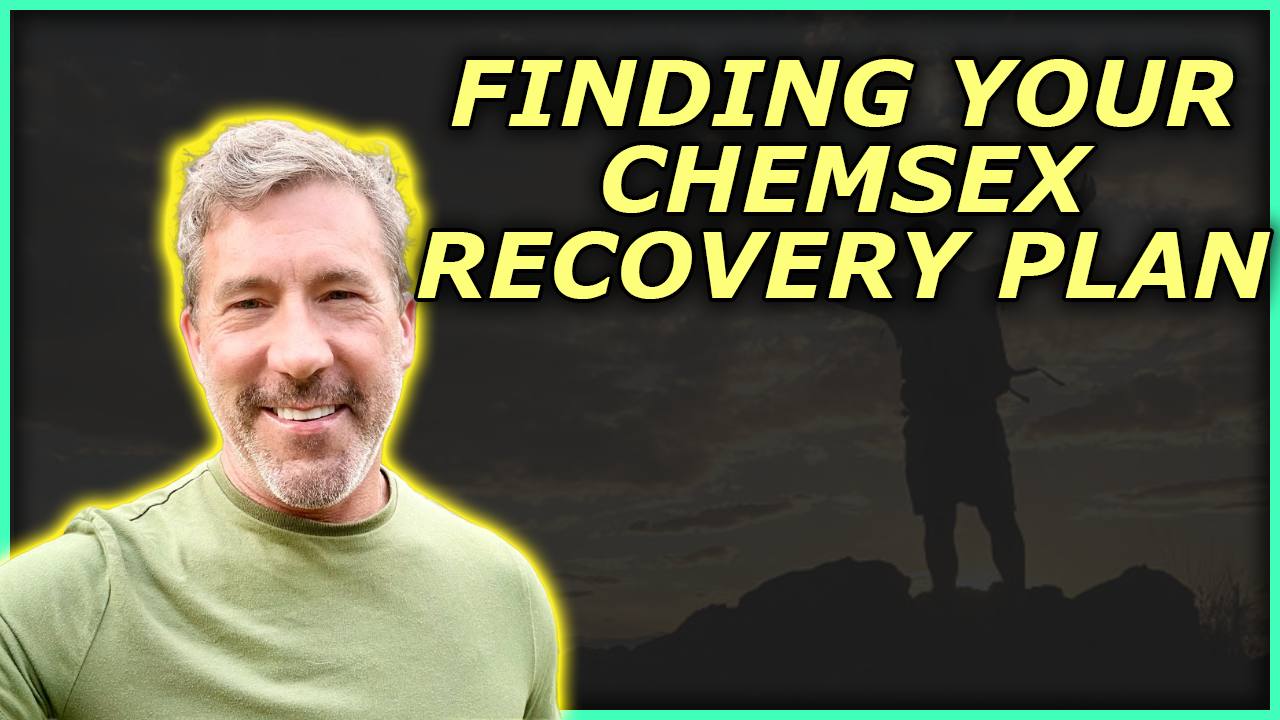
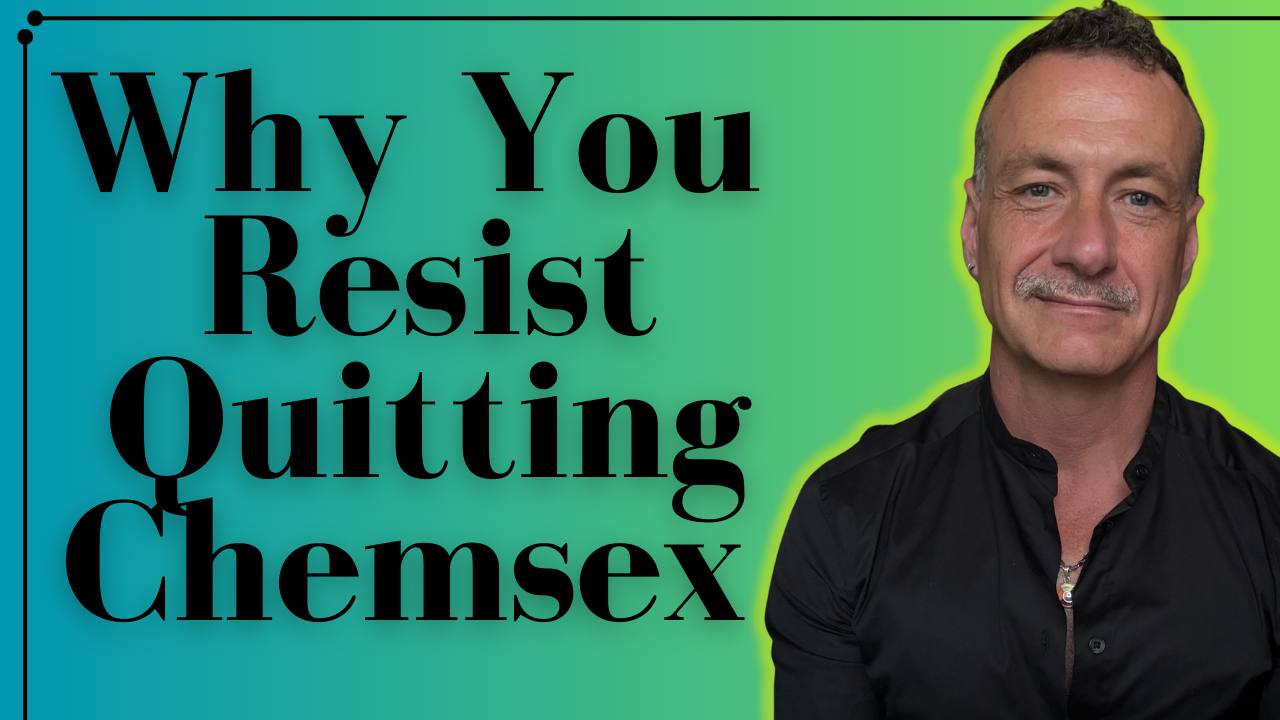
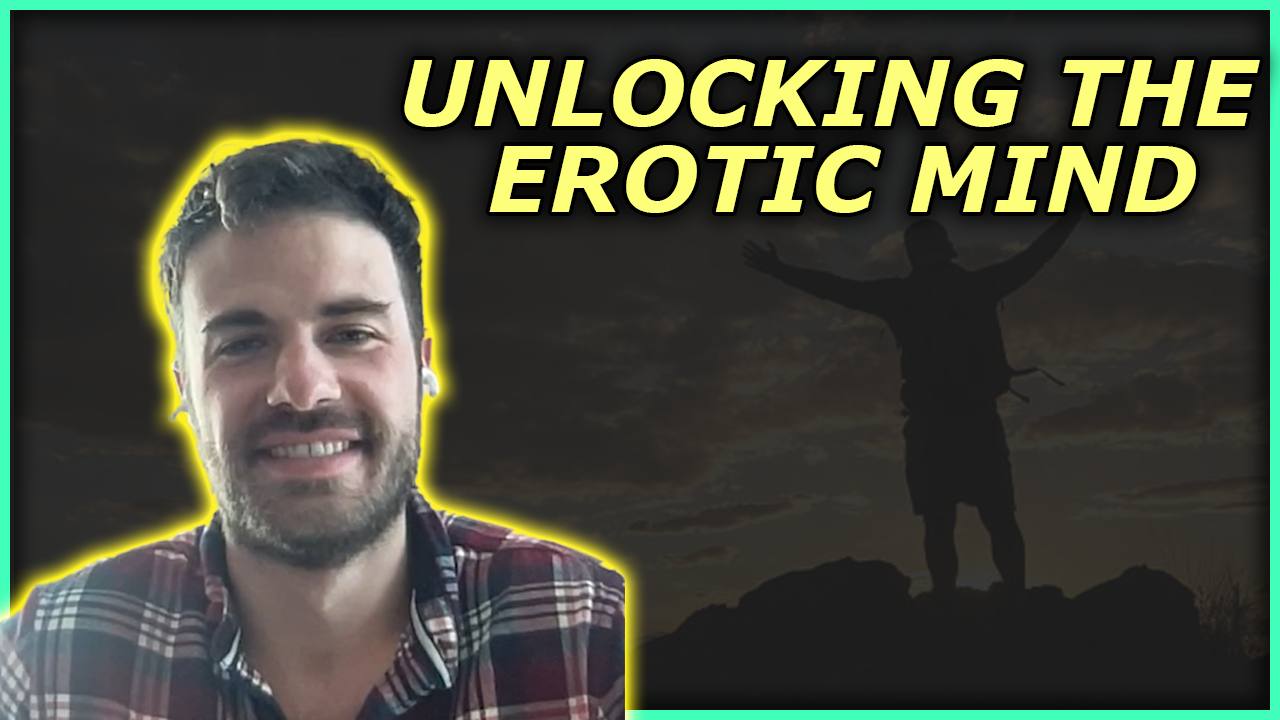
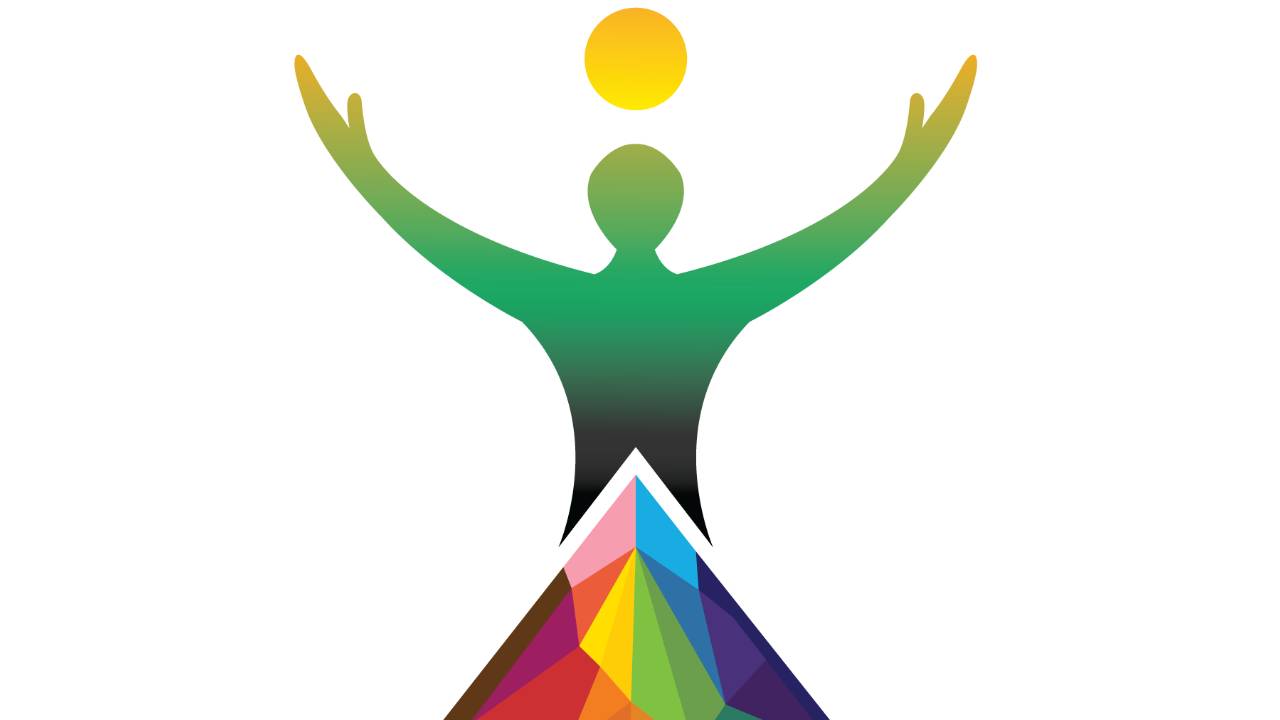
Responses